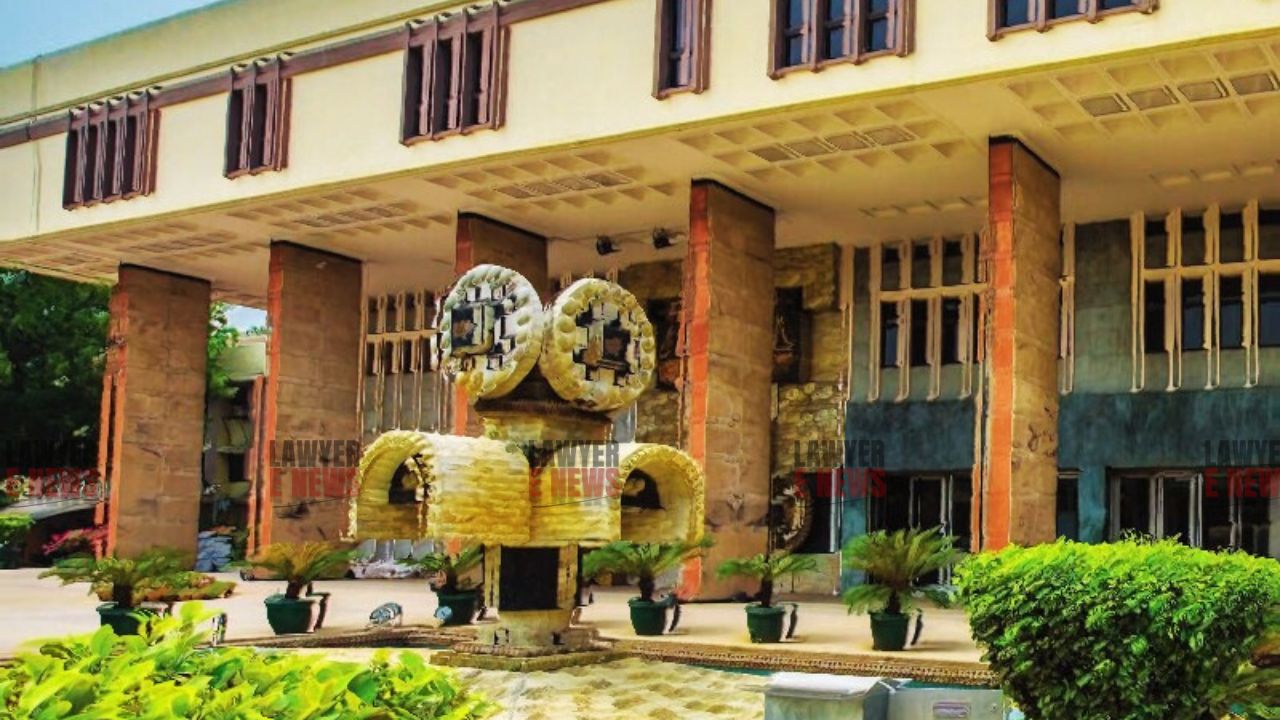-
by Admin
15 February 2026 2:36 AM



Delhi High Court dismissed a petition by Mr. Anil Kulshrestha seeking to quash proceedings initiated under Section 138 of the Negotiable Instruments Act (NI Act) for dishonoring cheques issued as part of a service contract with FIITJEE Ltd. The court ruled that the question of whether the cheques were issued for a legally enforceable liability should be determined during the trial and not through pre-trial quashing.
The respondent, FIITJEE Ltd., filed a complaint after two cheques provided by the petitioner, Anil Kulshrestha, were dishonored. The cheques were given as security upon his appointment as an Assistant Professor in June 2022. When the petitioner allegedly abandoned his employment, FIITJEE claimed damages in accordance with the service manual and attempted to encash the security cheques, which were dishonored.
FIITJEE initiated legal proceedings under Section 138 of the NI Act, and the Magistrate issued summons based on the complaint. Kulshrestha contested the validity of the cheques, claiming that they were taken under coercion, the amounts were filled in without his consent, and that the service manual provisions were contrary to public policy.
The petitioner argued that the cheques were given as security and did not represent a legally enforceable debt, relying on the case of Vivek Rai vs. Aakash Institute, where similar terms in a service contract were deemed unconscionable. The court, however, found that such factual disputes—whether the cheques were issued for a valid liability or under duress—should be resolved at trial, not at the pre-trial stage.
Justice Amit Mahajan emphasized that the legal presumption of liability attached to signed cheques under Section 139 of the NI Act applies unless rebutted through evidence during the trial. The court also highlighted that quashing a case at an early stage would be inappropriate without a full trial to consider the defense’s arguments.
The court dismissed the petition, concluding that the petitioner's defenses of undue influence and lack of legally enforceable debt were factual matters that required full adjudication. The court reaffirmed that summoning orders in cheque dishonor cases are generally not quashed at the pre-trial stage unless there is unimpeachable evidence to support such a decision.
The judgment referenced Bir Singh v. Mukesh Kumar and Sunil Todi v. State of Gujarat, which upheld the presumption of liability under Section 138 unless proven otherwise at trial.The Delhi High Court rejected the petition to quash the proceedings, allowing the trial to proceed to determine whether the security cheques were issued under valid legal obligations or were coerced. The petitioner’s claim that the service contract was invalid due to undue influence will be adjudicated during the trial.
Date of Decision: September 20, 2024
Mr. Anil Kulshrestha vs. M/s FIITJEE Ltd..
